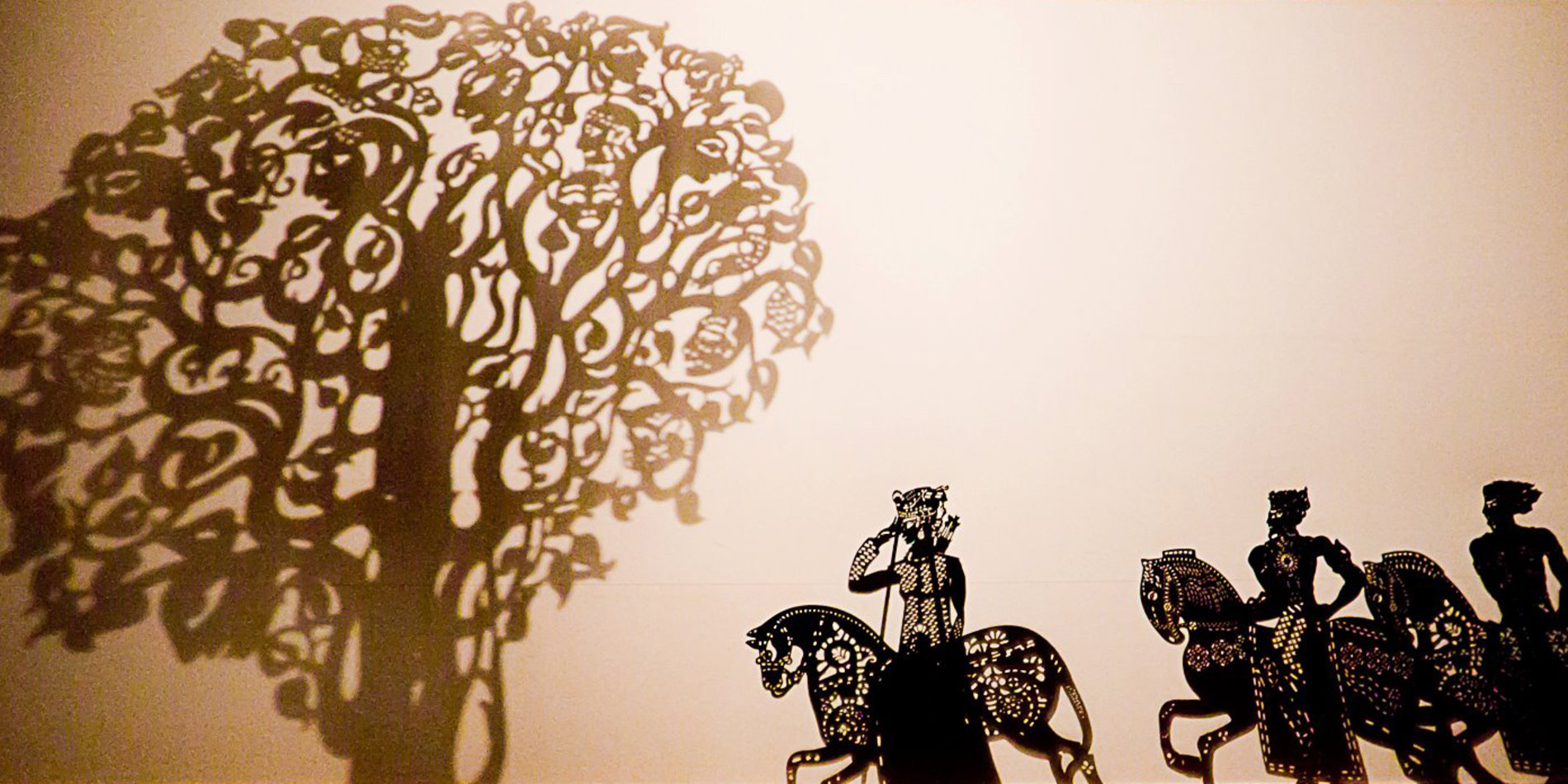Bahram Beyzaie

Bahram Beyzaie was born in December 1938 in Tehran, Iran to a family of poets and literary scholars. He wrote his first play, “Arash,” at age 19 as a response to “Arash the Archer” by Siavash Kasraei. Beyzaie has since written numerous papers and published more than 70 books, monographs, plays, and screenplays. He has directed 14 staged plays, ten feature films, and four short films.
Beyzaie’s work is inspired by Indo-Iranian mythology and history and draws on his study of ancient Iranian literature and languages. He has reconstructed the indigenous forms of Iranian theater in his own theater and cinema works.
His book, Theatre in Iran (1965), is a comprehensive study of the historical evidence of the roots of Iranian theatrical genres such as Naqali (traditional Iranian storytelling), Kheimeh Shab Bazi (traditional Iranian Puppetry), Ta'zieh (passion plays), and Ruhowzi (a comic type of folk drama). His monographs and essays delve into a study of Indian, Chinese, and Japanese performing art traditions. His scholarly works, "Where is Hezar Afsan (Thousand Legends)?" (2012) and "Seeking the Roots of the Ancient Tree" (2003), examine the origins of "One Thousand and One Nights" and its connection with other significant literary works of Persia such as the Shahnameh in pre- and post-Islamic Persian sources.
As a filmmaker, Beyzaie is considered one of the leaders of Iranian New Wave cinema with films such as "Downpour" (1972), "Bashu: The Little Stanger" (1989), and "Killing Rabids" (2001). His films have won awards and screened at festivals around the world.

Beyzaie was a founding member of the Center for Progressive Filmmakers in Iran (1973), the Iranian Writers Association (1968), and The Society of Dramatic Authors and Composers (1963). He was the Chair of the Dramatic Arts Department at the University of Tehran. After the Islamic Revolution in 1979, he was forced to resign from Tehran University and his work was censored or banned by the government.
Beyzaie left Iran in 2010 and joined Stanford University as the Bita Daryabari Lecturer in Iranian Studies. Since his arrival at Stanford, he has staged several plays and held workshops on Iranian mythology. He currently teaches courses on Iranian theater and cinema.
Amir Naderi's film about Bahram Beyzaie, part of a Stanford conference on Bahram Beyzaie (2021).
Awards & Recognition
- Awarded prize for lifetime achievement in filmmaking at the Istanbul International Film Festival (2004)
- Sina Outstanding Achievement Award, in recognition of exceptional contributions in the arts
- Heritage Award for creative contributions to Iranian culture and art, from the Farhang Foundation
- Recognition Award for Lifetime of Service to Iranian Culture, from the Association of Iranian Alumni of Stanford
- Complete retrospective screening of films, Vienna Film Festival (Austria, 1995)
- Honorary Certificate for Cultural Engagement with Students, from Tehran University
Current Courses

Iranian Cinema in Diaspora
Iranian filmmakers in diaspora, despite enormous obstacles, have created a slow but steady stream of films outside of Iran in the decades following the Iranian Revolution. The films have never been allowed to screen inside Iran and have received little support from the global system of production and distribution. However, Iranian cinema in exile is no less important than Iranian cinema inside Iran. This course studies such films and discusses work environment influences on the filmmakers, the relationship to cinema within Iran, and asks to what extent the films express what is left unsaid by the cinema within Iran?
Contact
Professor Beyzaie can be reached at beyzaie@stanford.edu
Please note: due to teaching and other work commitments, Professor Beyzaie's ability to respond to non-Stanford issues is limited. For more urgent help with Stanford-related matters, please email iranianstudies@stanford.edu.

